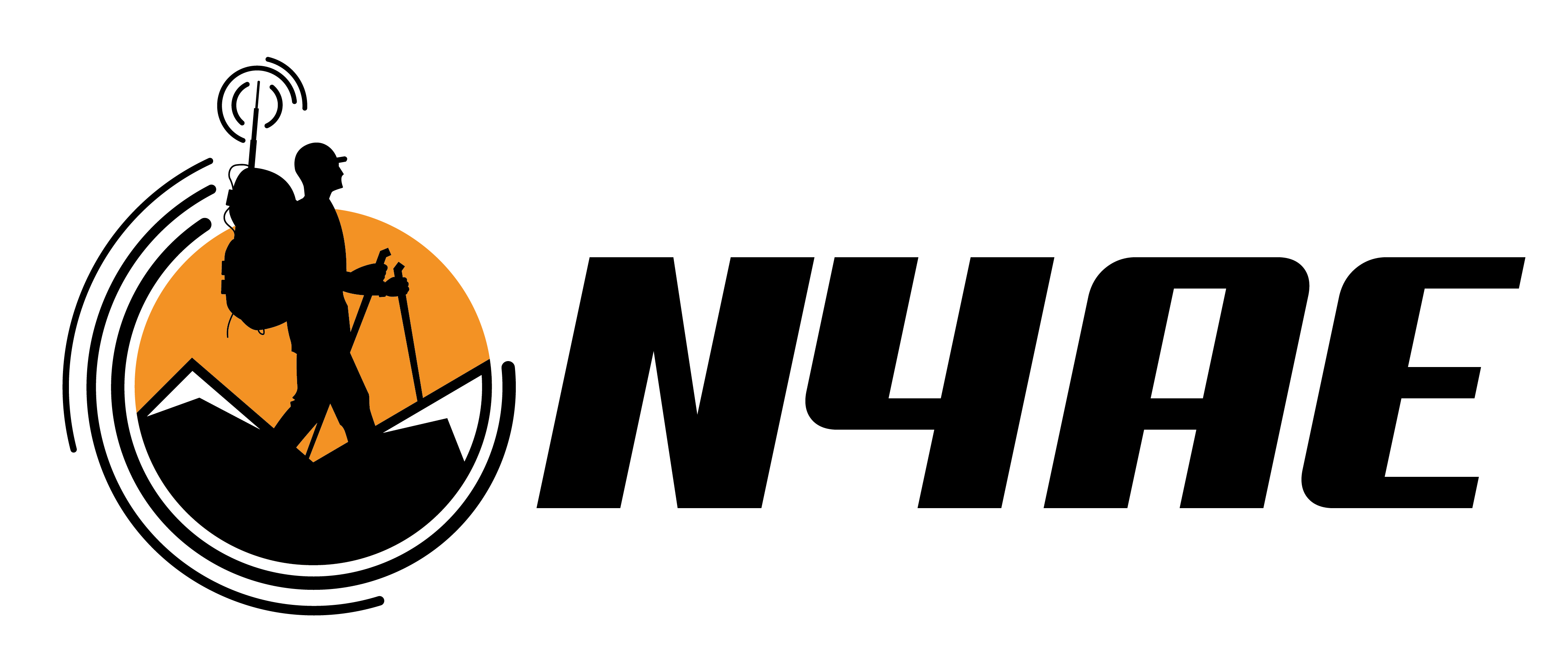Ham Radio Can Bring Morse Code Back to the High Seas
For more than a century, Morse code was the language of ships at sea. This simple code communicated messages ranging from the routine to the life-saving.
Morse code slipped under the seas in 1999, replaced by satellite communication. It’s demise left amateur radio operators as caretakers of an art form first demonstrated to Congress by Samuel Morse himself in 1844.
Recently, the FCC granted amateurs access to a portion of the historic maritime radio band where most Morse code communication took place. This grant means that people will once again communicate regularly using Morse code around maritime channels at 472, 476, and 478 kHz.
In a way, this makes amateur radio operators curators of a living museum on the air.
But Amateurs can do much more that be caretakers.
How? The FCC can still issue ship licenses with radiotelegraphy privileges.
Part 80 Rules defines a voluntary ship as “any ship which is not required by treaty or statute to be equipped with radio-telecommunications equipment.” Amateur radio operators who own documented vessels in the United States, such as a sloop or a yacht, can apply for a ship station license. And pursuant to 80.13(b), you can receive authorization for radiotelegraphy and narrow-band direct printing (fax).
With maximum power up to 2 kW.
Amateurs Have the Skills for the T License
To operate a ship station, amateur radio operators need to earn the FCC Radiotelegraph License, also known as the T License. This ticket gives you the authority to operate and maintain a radiotelegraph station on a ship or at a coast radio station, such as KPH near San Francisco.
Outside a few differences in the rules; the radio theory, antenna principles and operating practices are nearly identical to material most hams already know.
In fact, many amateurs already hold the General Radiotelephone Operator License (GROL) with Element 1 (Maritime Rules). By passing Element 6 (Advanced Radiotelegraph) and two Morse code exams at 16 and 20 words per minute, the FCC will issue you the commercial Radiotelegraph License.
Keeping Maritime Morse Code Alive
Every July, the historic RCA coast station KPH returns to the air in commemoration of the closing of commercial Morse code in the United States. The station communicates with other historic maritime stations and ships using Morse code. Unfortunately, there are just a few stations left…mostly museums themselves.
Many yacht-owning amateur radio operators already outfit their ships with radio equipment. By adding a ship license for radiotelegraphy, amateur radio operators have the opportunity to keep Morse code alive on the maritime bands.




















Actually KPH is on most Saturdays, in addition to their “Night of Nights” commemoration in July.
Yes, you are correct. For this article, I didn’t want to get into that much specificity.
Reblogged this on Amateur Radio News from Jon Stow, G4MCU and commented:
Similarly UK radio amateurs could make a difference too. http://info.yachtcom.co.uk/AmateurRadio/index.php